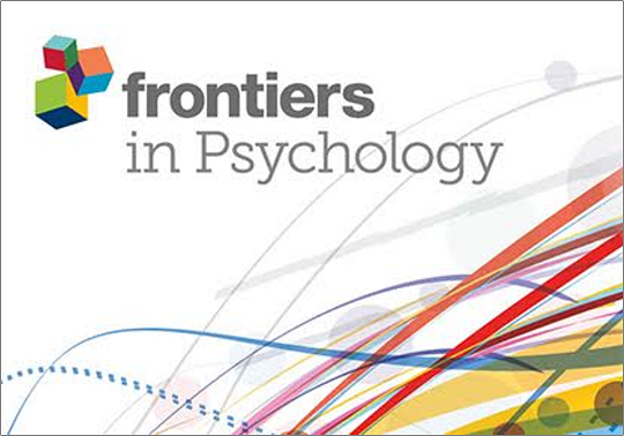What is a ‘Must Read’ for those interested in humanizing medicine?
Each month, we identify 1 newly published noteworthy article from the literature and label them as the “Must Read”. Selection is based on several criteria including originality, methodological rigor, relevance, and practicality. Our process includes a formal search of the peer-reviewed literature, screening titles and abstracts, full text review, and discussions to achieve consensus.
Why are we doing this?
With the ever-expanding volume of health professions-related articles, it is easy to become overwhelmed and to miss critical papers. We hope to make it easier for all of us to keep abreast of cutting edge scholarship, ideas, and practices related to humanizing medicine.
We’d welcome involvement in our selection process. If you come across an article that you think should be considered as the monthly Must Read, please send it to swright@jhmi.edu





